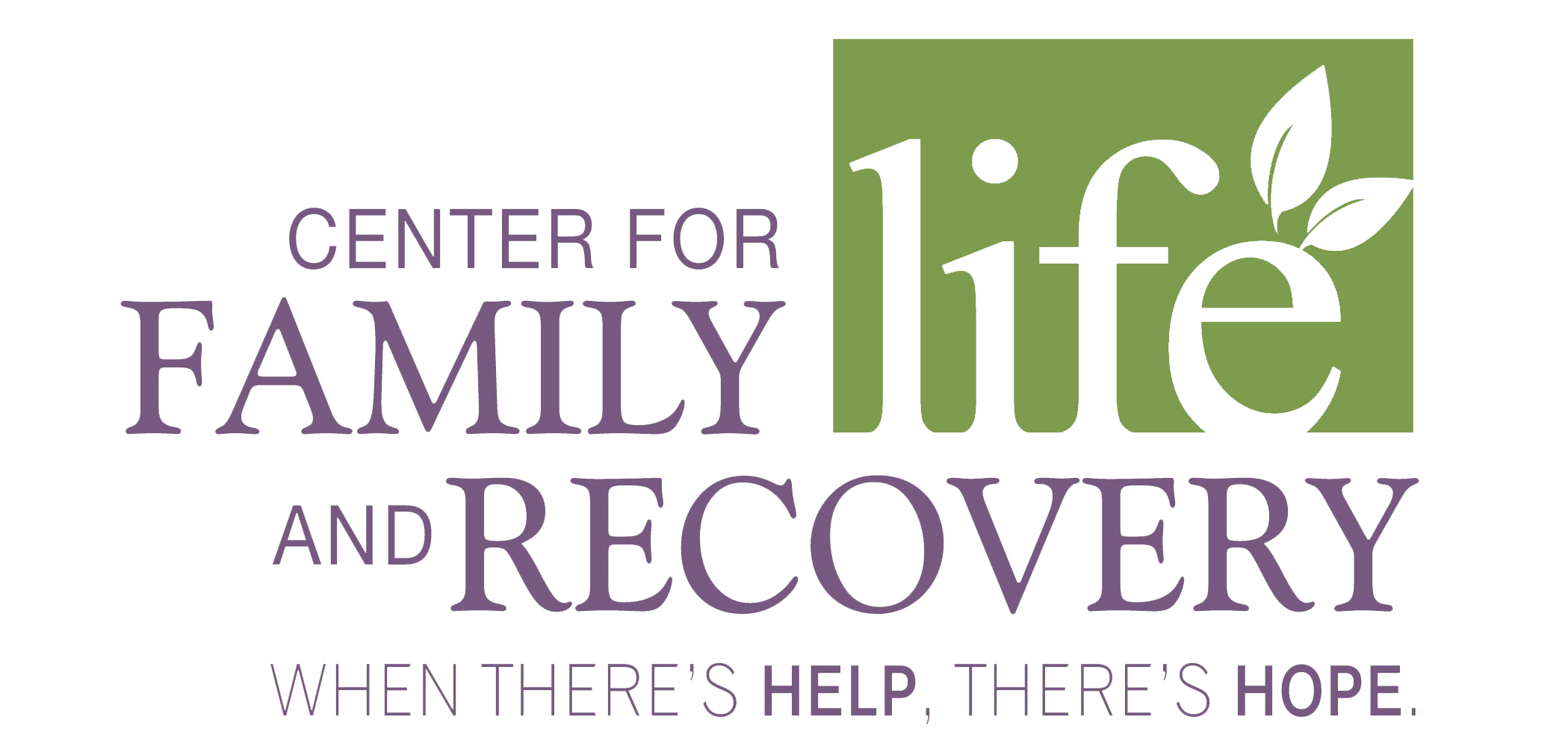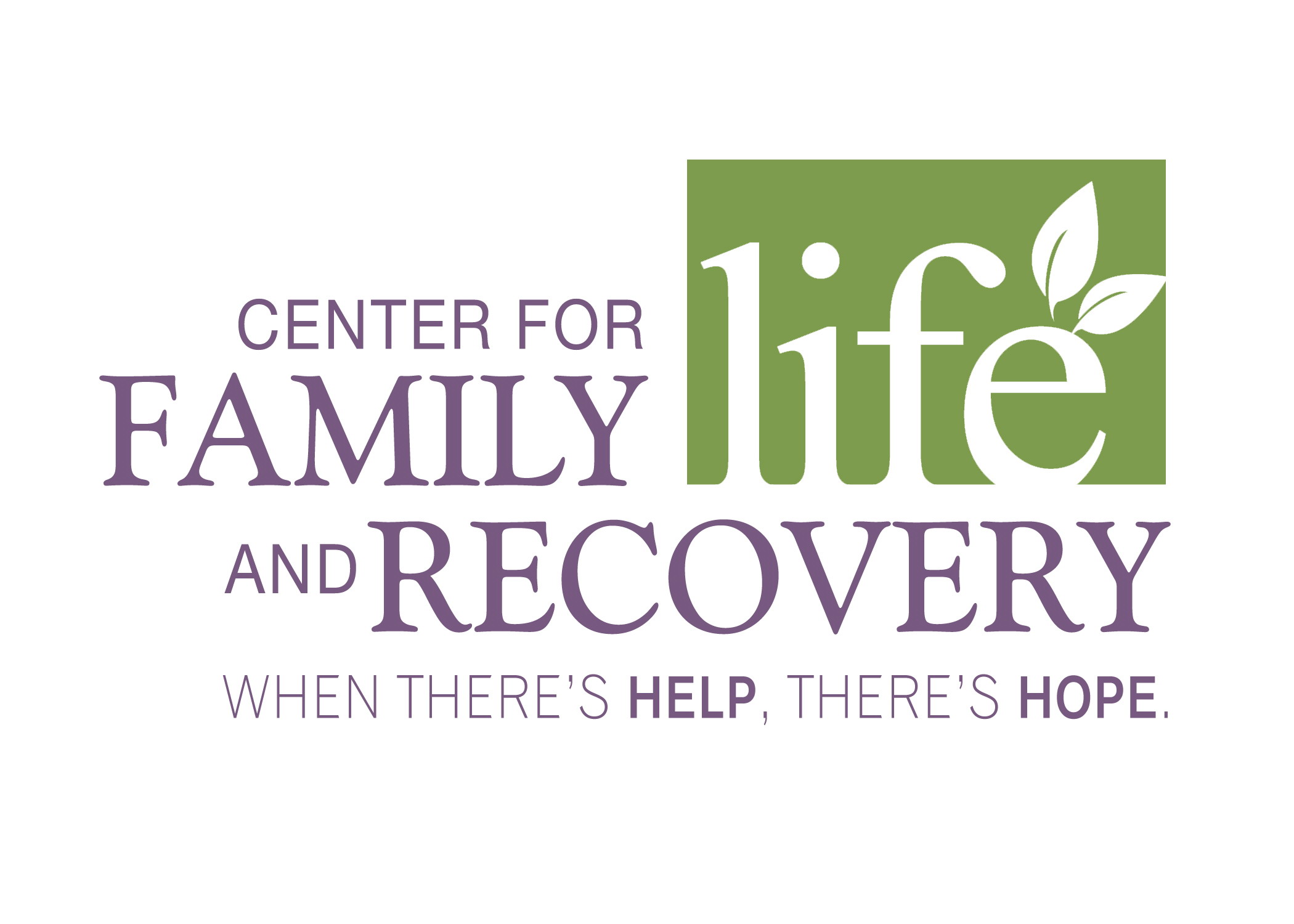
By Ambi Daniel, Director of Family Service Navigation
It’s an interesting thing, we often talk about the trauma history of the person with a substance use disorder. What if I told you there was both vicarious trauma and community trauma that also may require help and intervention?
Family members may have pervasive impacts from experiencing fear, being in traumatic situations of overdose, a missing loved one, and more. Family members may need space to learn tools to navigate this both from a clinical perspective, and from an engagement perspective. Resentments, mindfulness, radical acceptance, awareness, and redirection can help families better connect and impact the cycle of trauma.
Becoming trauma informed can also help loved ones to understand the why a person may use drugs or alcohol, or why certain behaviors persist. When we look at it differently, we can practice empathy, reduce frustrations, and move ahead reducing our nervous system responses, decreasing stress, and engaging as a family in a recovery process more successfully.
If you’d like to learn more about tools that can help your family work on this, connect with our Family Support Navigation Services or join us in one of our virtual support and educational groups!
Family Support Group, for loved ones impacted by an individual’s substance use disorder Tuesday 6:15 alternate Tuesdays
The Light Carried, for parents who have experienced loss of a child due to substance use disorder 6:15 alternate Tuesdays
CRAFT and engagement Wednesdays at 12:45
Ambi Daniel, adaniel@cflrinc.org

